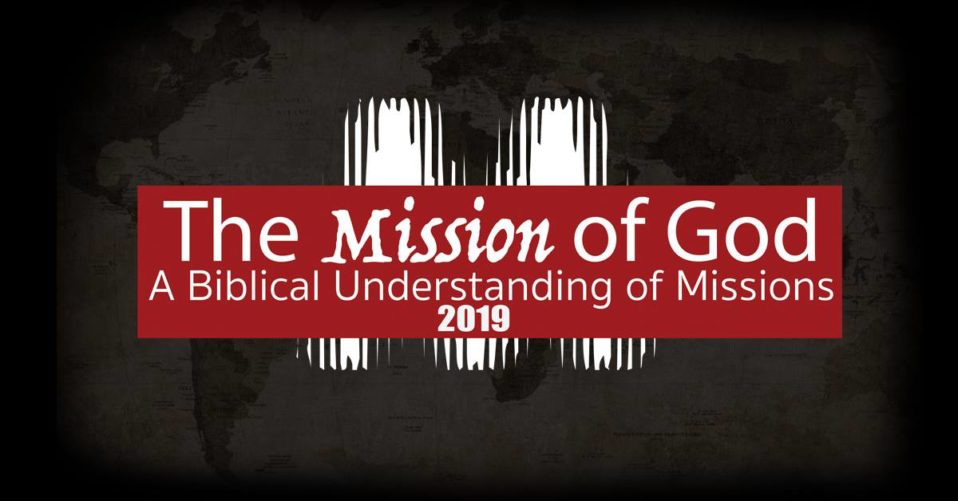This upcoming week is the G3 Conference in Atlanta, Georgia. It is an event which will bring nearly 4,000 people together for a conversation about the doctrine of missions. As an organization with an entire ministry dedicated to supporting international missions, we are not only looking forward to participating in this event, but are thankful for those who believe in the necessity of rightly understanding this topic from a biblical perspective. Since the start of the modern missions movement with William Carey in the 19th century, missions has continued to evolve and take shape. Over the past one hundred and fifty years, the increasing emphasis among churches in the United States on international missions has been tremendous, giving way to missions agencies, missionary sending churches and parachurch ministries to support those who travel to the far reaches of the globe with the gospel. The mobilization of missionaries has been tremendous and so has the level of support dedicated to these efforts.
Yet, missionaries and support is not everything when it comes to missions. The heart of missions is derived from a command given to the church by Jesus to “go therefore and make disciples of all nations” (Matt 28:19). Unfortunately, in the practical implementation of missions it seems this is often the stopping point in understanding the command. Fortunately, Jesus did not leave the church with merely a command and no guidelines, but informed us regarding the manner in which this was to be accomplished. Disciple-making involves baptizing and teaching the commands of Christ to all the nations. It is a process dependent on the accurate exposition of Scripture in order to faithfully proclaim the truth about all Christ taught and affirmed. Without this, the work of the church might be something, but it is not missions.
All of this underscores the necessity of every church to fully understand a theology of missions. At the heart of missions is a theology of missions. If we are planning to be faithful to the commands of Christ, to God’s Word, then we must define what it means when we speak of international missions. Before the local church takes on the task of unifying it’s members around missions, there must be a clear understanding behind not only the what, but the why. Every church must approach missions not simply as a place to go, but as the execution of a theologically-defined mandate given to all true disciples of Christ, for the purpose of making more disciples for Christ. This is what makes the emphasis of the G3 Conference on the doctrine of missions an important topic. As a partner with G3, we look forward to how this conference will help strengthen the church as it seeks to do all things for the glory of God.






